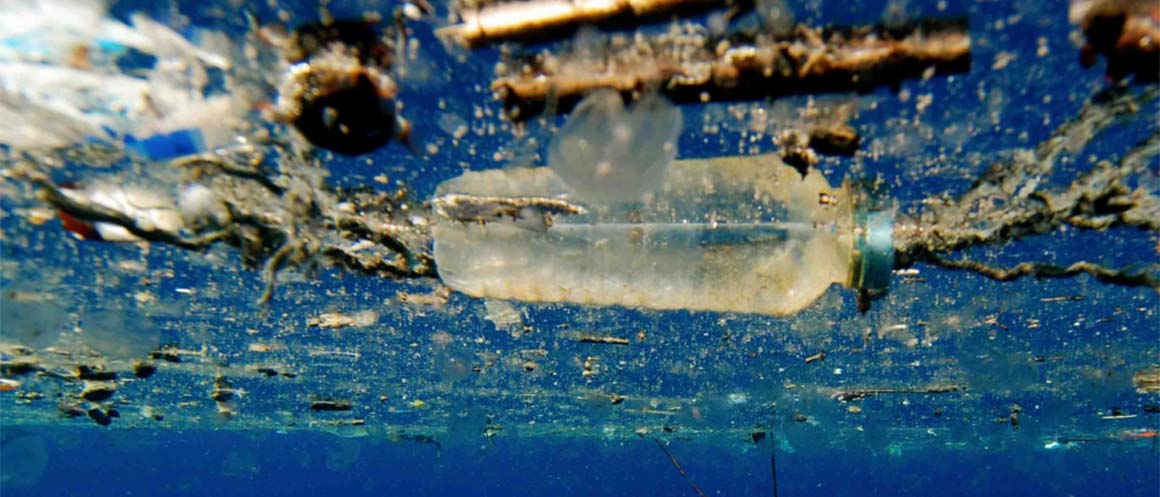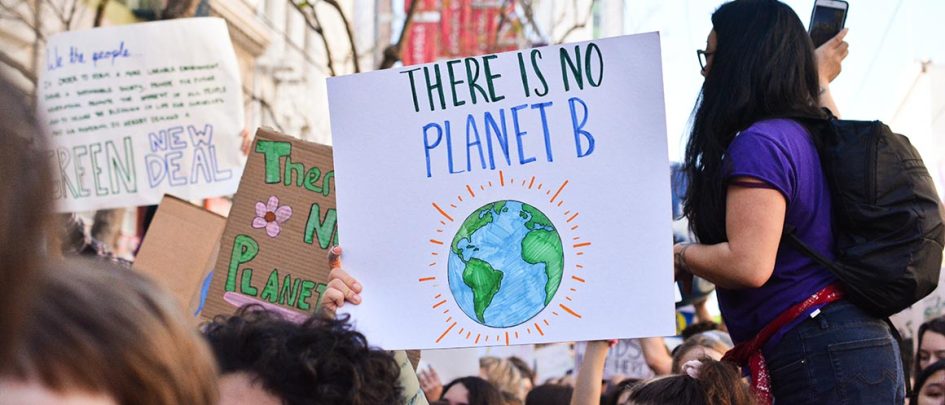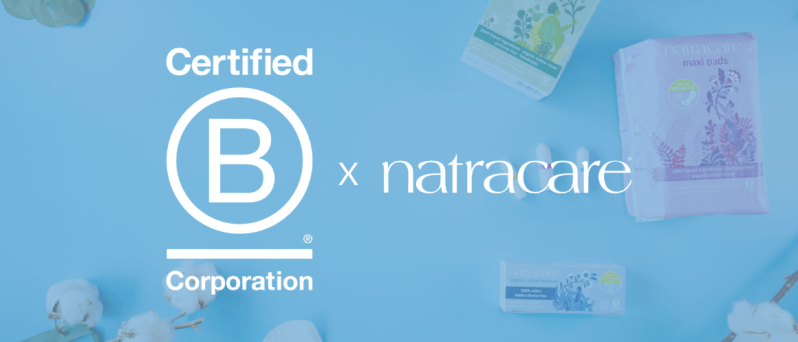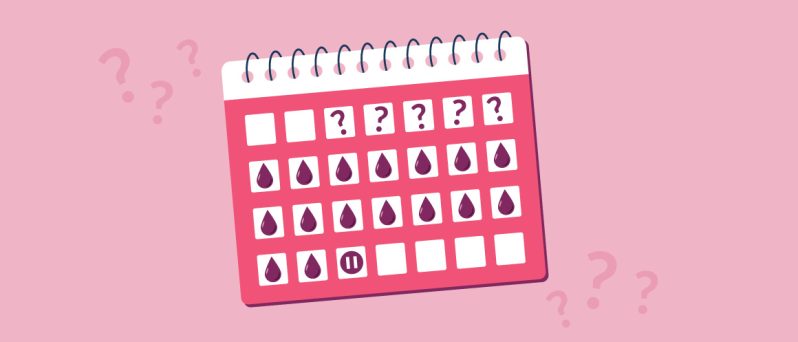What is plastic?
Plastic is a man-made substance, which is produced by heating and processing finite crude oil and adding other chemicals to it. You’re using it right now – it’s part of your computer, phone, and tablet. There’s most likely microplastic in the chair you’re sat in and the menstrual pad you’re wearing! What can we do this Earth Day to be part of the solution to a growing plastic pollution problem?
Time to end plastic pollution
The benefits of plastic are that it is durable and useful. Once considered to be a positive, the fact that plastic will never disappear has become a catastrophe for our planet. The reality is plastic pollution is destroying our environment and threatening our wildlife. Therefore, the theme for Earth Day is “End Plastic Pollution”.
Earth Day is dedicated to providing the information and inspiration needed to fundamentally change human attitude and behaviour about plastics.
Plastic will not dissolve or decay which makes it very damaging to the living world. It won’t break down into materials that nature can use. Scientists have found that some plastics release hormone disrupting chemicals when they break down. These can affect the reproductive systems of animals.
Clogging up our waters
A huge amount of plastic ends up in rivers and oceans. Plastic bags, nets, and six pack rings strangle and choke sea creatures. Smaller pieces are often mistaken for food and eaten by birds, fish, turtles, and mammals which often kill them. The film Albatross, produced by The Midway project, demonstrates the shocking impact plastic is having on our wildlife. Albatross is available to watch here starting on Earth Day.
Plastic Smog
In the ocean, plastic is less like an island, and more like a plastic smog of tiny little microplastic pieces. There are five large circulating current systems, known as gyres, which accumulate a large portion of the plastics floating on the ocean’s surface. The five gyres are located in the North Pacific, South Pacific, North Atlantic, South Atlantic, and Indian Ocean. The plastic material in the gyres is constantly in the process of breaking down into smaller and smaller pieces, which permeate all waters. Learn more about plastic pollution and smog from our partners at 5 Gyres Institute.
Reduce, reuse, refuse
The mantra Reduce, Reuse and Recycle is a good place to start but to really tackle this problem we need to start refusing plastic. 50% of plastic is only used once and in most cases there are good alternatives.

Top tips for avoiding plastic
- Choose loose fruit and veg in the supermarket or local shops
- Better still grow your own food at home if you have the space!
- Avoid fast food and take-aways which often comes in plastic containers and choose to cook at home or use places where they only sell food in paper or cardboard containers
- If you have children or buy for them, choose wooden toys over plastic ones
- Use bars of soap and shampoo rather than plastic bottles
- Remember to take your cotton or jute bags when shopping
- Switch to plastic-free period products made from plant based materials
- Wrap leftover food in natural materials like beeswax paper instead of cling film
- Have milk delivered to your door, it’s easy and will likely be in a glass bottle
- Try out a zero waste store, where food comes without packaging
- Pester the shops you use regularly to replace plastic packaging with card like these bold shoppers
- If you do end up with plastic recycle all the plastic you can
- Raise your voice! Spread the word about the harms of plastic – #EndPlasticPollution
- And lastly, get involved in #EarthDay!
Explore our plastic free
Period Products
Discover Now












